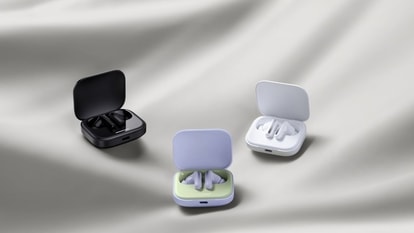Media multi-tasking not good!
Media multi-taskers who like watching YouTube, following Twitter, writing e-mail, and talking on the phone are generally not very good at any of their tasks.
An American study suggests that media multi-taskers who like watching YouTube, following Twitter, writing e-mail, and talking on the phone are generally not very good at any of their tasks.
Published in the Proceedings of the National Academy of Science, the study was led by researchers at Stanford University.
In their study report, the researchers have revealed that they were looking for the secret to good media multi-taskers, but instead found broad-based incompetence.
'We knew that multitasking was difficult from a cognitive perspective. We thought, 'What's this special ability that people have that allows them to multitask?' ABC Science quoted lead author Professor Eyal Ophir as saying.
'Rather than finding things that they were doing better, we found things they were doing worse,' Ophir added.
During the study, the researchers questioned a group of Stanford students about their use of media to categorise them as either heavy or light media multi-taskers, and then conducted a series of tests that involved comparing two patterns of rectangles shown 900 milliseconds apart to determine if they were identical.
The team observed that, without distractions, both groups performed equally.
However, upon adding distractions, the researchers observed that the heavy media multi-taskers took longer to respond and made more mistakes.
The experts said that similar results emerged when they conducted a second test, involving switching from a number task to a letter-based task.
Based on their observations, the researchers came to the conclusion that high media multi-taskers had difficulty focusing, and were not able to ignore irrelevant information.
'Heavy media multi-taskers are more likely to respond to stimuli outside the realm of their task. They may be sacrificing performance on the primary task to let in other sources of information,' they wrote in the study paper.
The researchers believe the study is significant as multitasking is becoming more widespread, with some jobs requiring workers to keep an instant message window open.
Ophir, however, says that there is one bright side to such distraction - media multi-taskers will be first to notice anything new.
Catch all the Latest Tech News, Mobile News, Laptop News, Gaming news, Wearables News , How To News, also keep up with us on Whatsapp channel,Twitter, Facebook, Google News, and Instagram. For our latest videos, subscribe to our YouTube channel.

























